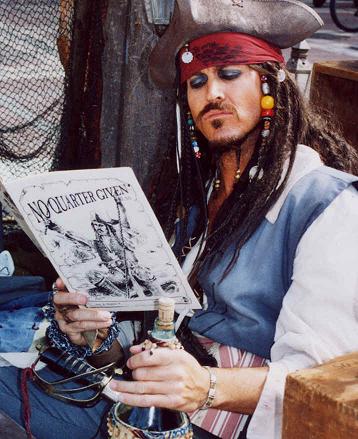by: Shane McGlaun

RIAA says that any pending litigation will continue
The RIAA has been suing people willy-nilly for years with slim proof that the defendants actually shared music illegally. The lawsuits often seemed to be nothing more than a marketing attempt by the RIAA to get people to realize they could and would sue if you illegally shared music or they suspected you did.
Despite all of the suits that the RIAA filed, against people living and dead, the tide of music piracy never turned in its favor. The Wall Street Journal (WSJ) cites numbers from the NPD Group that show illegal music sharing stayed about the same throughout the RIAA's inquisition.
This week, The WSJ reported that the RIAA has announced it will stop its slash and burn suit policy and focus on other methods of preventing piracy that is thinks will be more effective. Since the RIAA started is massive campaign of litigation, it has brought legal proceedings against 35,000 people.
The RIAA says that it will now focus on working with individual ISPs to help stop piracy. When a person on an ISP is suspected of pirating music the RIAA will send an email to the ISP, who can then get with the individual customer to try to stop piracy. As is par for the RIAA's course, it makes no mention of how exactly it will gather evidence of piracy against ISP customers. Many wonder if the RIAA will simply resort to massive spamming of hundreds of thousands of suspected file sharers to ISPs.
If an ISP determines that a user is sharing music illegally, it will send an email warning the customer to begin with. That warning, if unheeded, could be followed by more warning letters from the ISP. If the user fails to stop file sharing, their internet connection could be slowed or terminated altogether.
The bad news for alleged file shares that already have RIAA litigation pending against them is that The WSJ says the RIAA will proceed with pending suits. That means that the retrial date set for the tossed verdict in the Jammie Thomas case will continue.
New York State Attorney General Andre Cuomo is also working to broker a deal between the RIAA and ISPs to help address both parties' privacy concerns. One key point in the RIAAs new tact on piracy is that it will not ask for the names of alleged music traders.
Cuomo's chief of staff Steven Cohen told The WSJ, "We wanted to end the litigation. It's not helpful." For its part, the RIAA thinks that the new policy will reach more people to make them aware that the man has an eye on them. RIAA group chairman Mitch Bainwol said, "Part of the issue with infringement is for people to be aware that their actions are not anonymous."
Brian Toder, the attorney representing a woman from Minnesota in a file sharing case said, "I'd give them credit for stopping what they've already been doing because it's been so destructive." Unfortunately, for his client, her litigation will continue despite the new policy.
